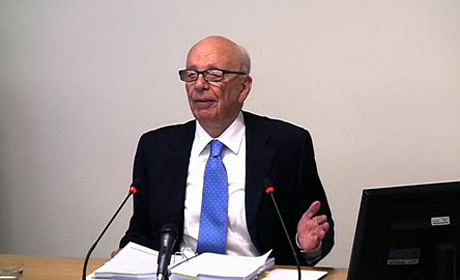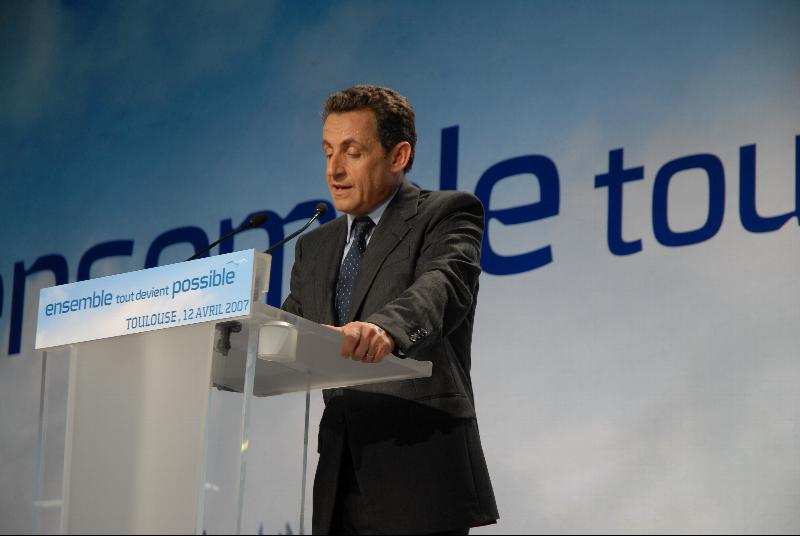
Today marked the first Open Data Cities Conference which kicked off in Brighton, set up by former head of digital development at the Telegraph Greg Hadfield.
The conference said it would “focus on how publicly-funded organisations can engage with citizens to build more creative, prosperous and accountable communities”.
Among those citizens are of course the journalists working to encourage the opening up of data held by such organisations, wishing to use it to inform their audience about the local area and/or their interests.
“Connected localism” and adopting a “principle of openness”
An interesting phrase used at the conference was “connected localism”. The man behind it, Jonathan Carr-West of the Local Government Information Unit, spoke to the conference about the importance of creating a cultural mindset around openness, as opposed to just focusing on whether or not data is useful. And once this mindset has been established, “connected localism” can thrive.
We’re going to hear a lot today about data and what we use it for and how we make it useful. That’s really important and I don’t want to move away from that too far, but I would suggest … usefulness is not the whole story.
We don’t always know what’s useful … We need to adopt … a principle of openness. Whether you’re a small organisation, a council, a government.
He added the “assumption” needs to be that information is made open and data is shared.
Don’t over-think whether it’s going to be useful or not.
And this “principle of openness” is “what creates a field of exchange within which connected localism can occur”.
If we have openness as the way of doing things, if it is culturally embedded in our practice, that would begin to enable that connected localism.
We’ll talk a lot about open cities, but we should remember in this sense it’s not just making the city open, it’s that open data is effectively a new city.
It enables us to perform radical transformations to public services, to how we live … that we need if we’re to meet the profound challenges our society faces.
He cited Mumsnet as an example of “connected localism”, and one of the “new digital fields of exchange where people can connect”, and share/discuss/solve common interests.
Encouraging responses to information requests
Tom Steinberg of MySociety offered some tips for conference delegates on how to encourage more open data and the release of information, such as that asked for in freedom of information requests:
1. Don’t expect to win an economic argument about open data with people who do not have some other reason to think it’s a good idea. It is really hard with open data as it is a new issue so literature is new.
2. You should show them tools that will improve their lives based on open data. If you’re persuading a councillor use something like TheyWorkForYou and show them how they can get sent email alerts when an issue is mentioned in parliament. 10 per cent of everyone working in parliament uses it each week.
3. Don’t shout too loudly about how it [open data] will hold everyone to account and expose wrongdoing. If people are overworked, having their lives made harder is not a thing that will make them your friend.
4. Make mock-ups. For lots of kinds of open data there aren’t good examples as government hasn’t released the data. But use the amazing power of Photoshop to say ‘here’s a page where people could go to, for example, if they wanted to complain that their bin had not been collected’. This is a way of connecting the abstruse nature of data to a concrete thing.
He suggested that bodies such as councils should consider having a person specially dedicated to looking out for, and filtering, requests, and possibly add a button to their websites asking exactly what data people want.
How the BBC is opening up its archives
An interesting example of how one organisation is opening up its archived data is the BBC, as speaker Bill Thompson, who is head of partnership development in archive development at the broadcaster, explained.
The situation, as he posed it, is about turning the BBC “into a data repository with an API” and making this data “available for public service use, for people who can find a value in it”.
One project called BBC Redux provides a store of digital recordings which, when combined with the BBC’s Snippets project, enables users to search programmes, such as news bulletins, from the last five years, for the mention of a given keyword using subtitle data.
For more from the conference follow #ODCC on Twitter.







